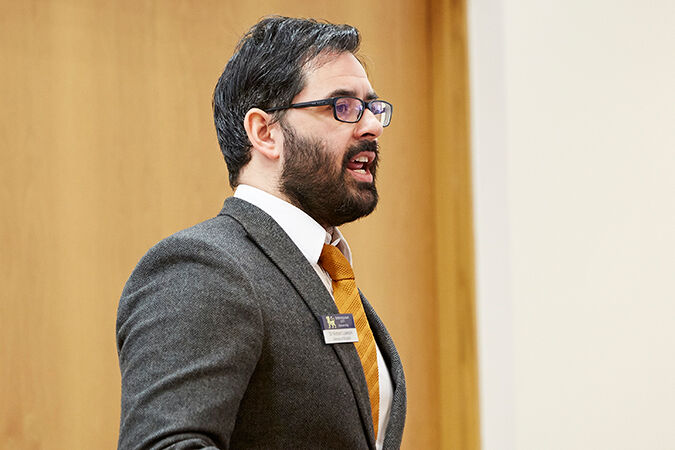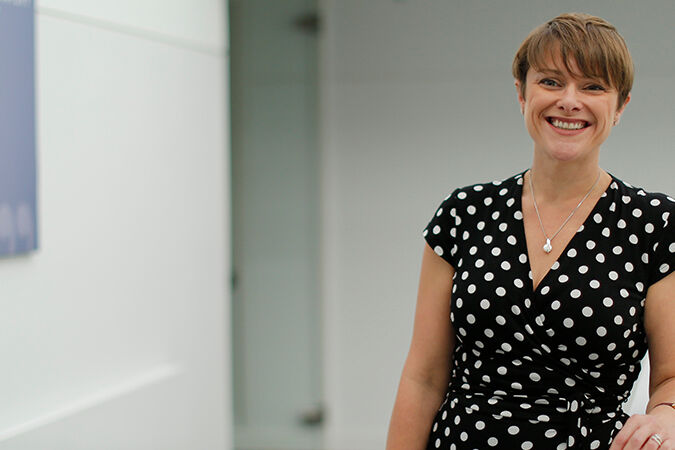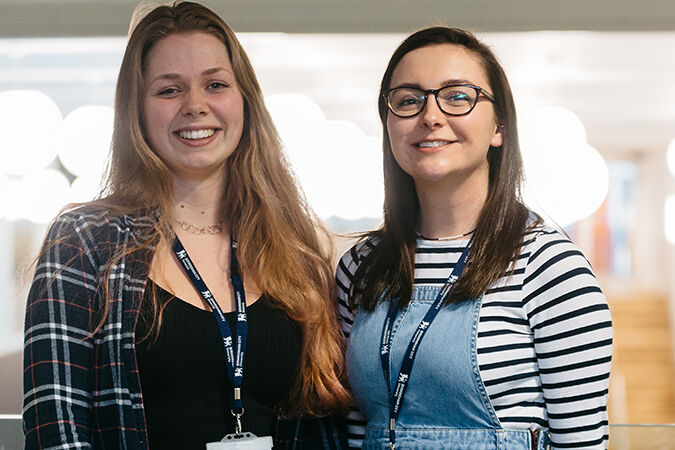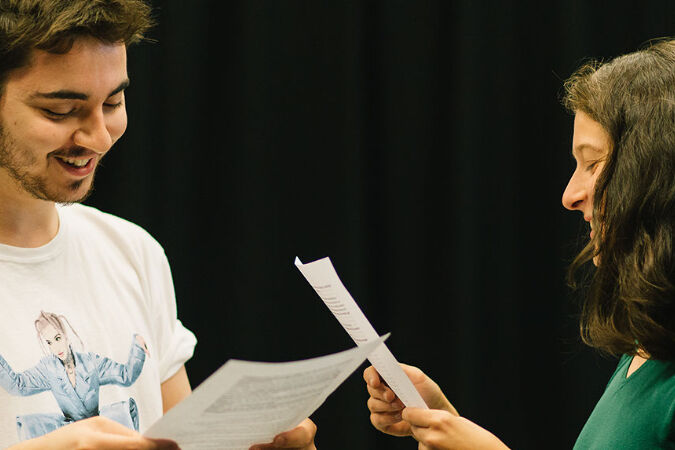
Blog

We caught up with Tony Howe, Course Director for the new MA English Literature course, to find out more about his work as a writer and academic and his top tips for students thinking about joining the course.
Can you tell us about your work as a writer and academic and your role at Birmingham City University?
I’m primarily a critic of British Romanticism. My PhD (Cambridge) was about the philosophical contexts of Byron’s poetry. It became a book, Byron and the Forms of Thought, which is published by Liverpool University Press. My first academic posts were temporary teaching posts at various colleges in Oxford and Cambridge. That meant teaching papers on Restoration literature, C18th literature, Romanticism and the Victorians. I ran a conference about Percy Bysshe Shelley at his own college (University College, Oxford). This led to the Oxford Handbook of Percy Bysshe Shelley, ed. Michael O’Neill and Anthony Howe (Oxford, 2013). By the time that was published I was installed in my current post at Birmingham City University, where I’m now Reader in English Literature.
More recently I’ve been working on the epistolary contexts of Romanticism. Letters written by poets, basically. I’m especially interested in what happens when poets write poetry into their correspondence. So far, this has produced Romanticism and the Letter, a collection of essays I co-edited with Madeleine Callaghan (Sheffield University). Various essays are in the pipes, including something on Byron’s letters for the forthcoming Oxford Handbook of Lord Byron.
What can prospective students look forward to when they join the MA in English Literature?
Students joining the new MA in English Literature will become part of an exciting group of academics and writers. The School of English at BCU is first rate. We have a vibrant culture of seminars, readings, events and masterclasses. There’s a lot of crossover between literary studies and creative writing. The territory of that crossover is an exciting place, intellectually and creatively. You’ll encounter very different approaches to literature at BCU. We aren’t a department with a particular bias.
What are your tips for students thinking about joining the MA in English Literature?
Read a great deal. Nothing else will matter much at this level if you don’t. You need to internalise the structures of good critical writing and you can’t do that unless you read lots of it. You need stamina to read some of our set texts. Write a lot. Draft out plans, sketch out paragraphs. Then rewrite them. Then rewrite them again. Keep working at your writing.
Why study for an MA in English Literature?
You might do it for the sheer love of the subject. You might want to take your undergraduate studies to the next level. You might be thinking about doing a PhD and applying with us for M4C funding. You might want to improve your job prospects by refining your skills in oral and written expression and critical thought. There are all sorts of reasons to do an MA in English Literature.
English Courses
Find out more about our courses




